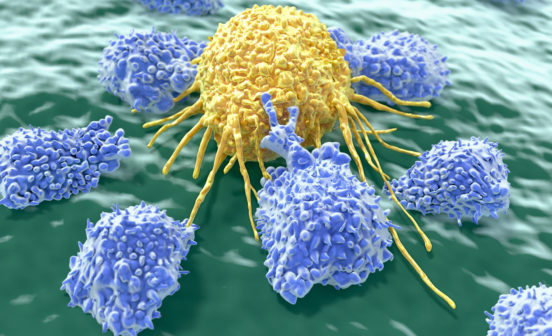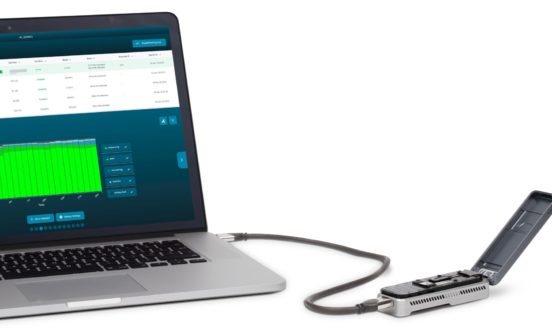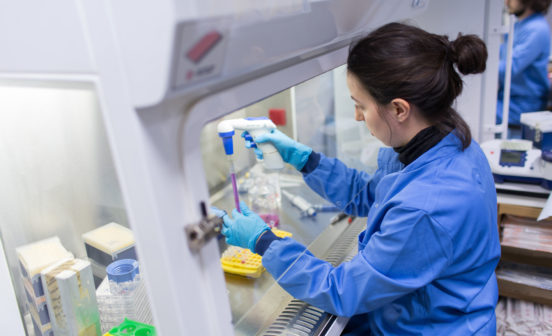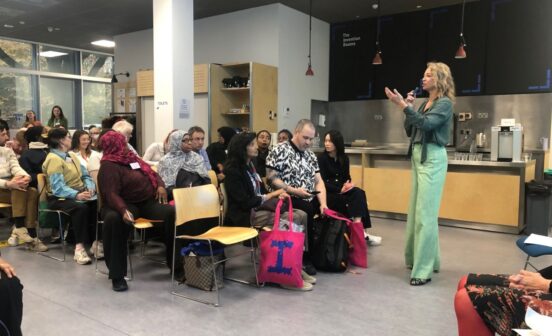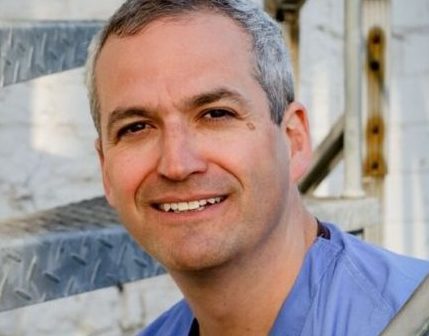Award Imperial investigators receive international recognition for phenomics research
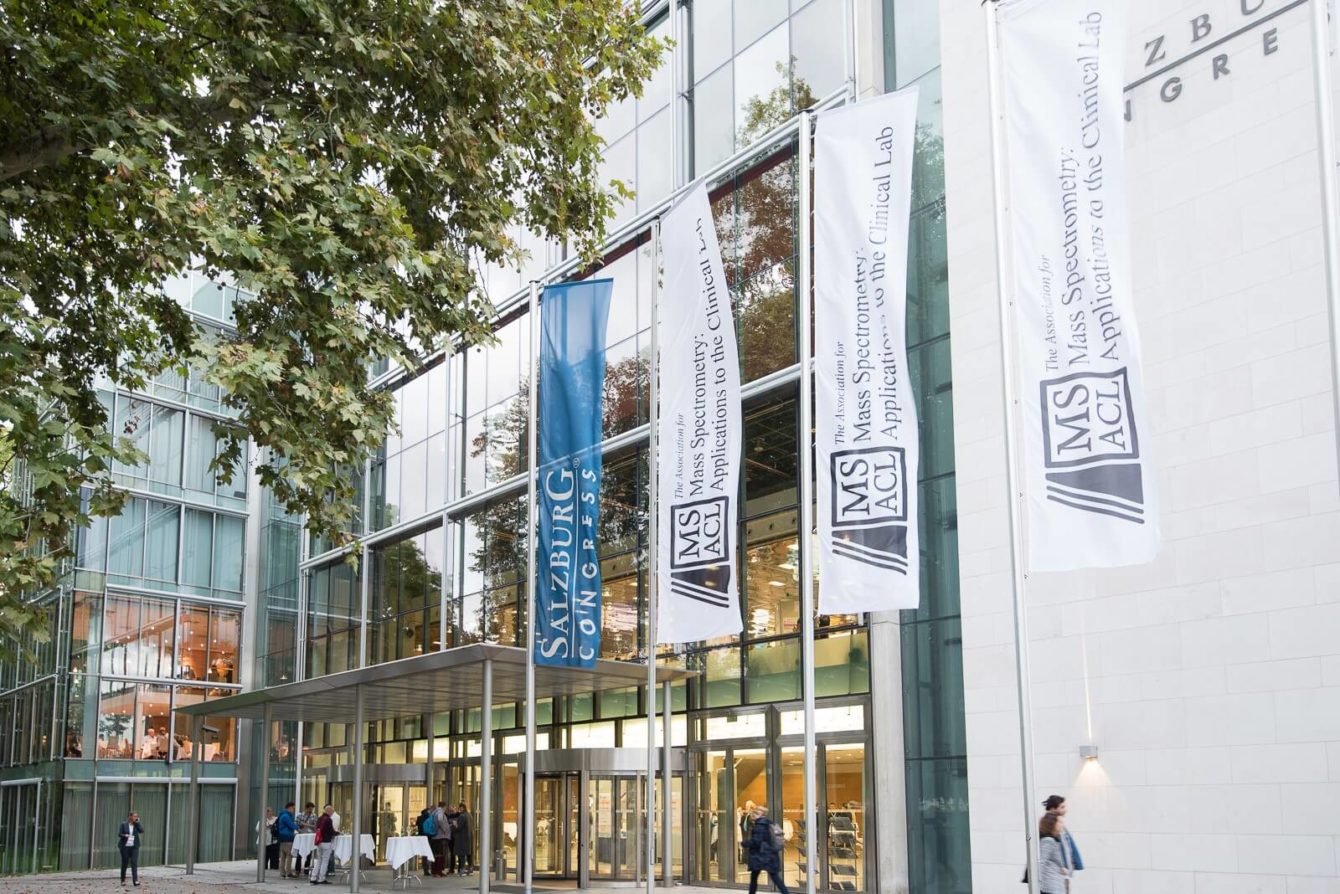
Last month three NIHR Imperial BRC researchers received awards for research and utilisation of mass spectrometry in clinical practice at the annual MSACL (Mass Spectrometry: Applications to the Clinical Lab) international congress. MSACL annual meeting brings together academic and industrial experts in the field of mass spectrometry to discuss its clinical applications in order to improve patients’ care and treatment.
Dr Petra Paizs, a PhD student within the Molecular Phenomics Theme, delivered a talk on her work in optimising analysis of faecal metabolites in patients with colorectal cancer and inflammatory bowel disease, which was recognised with a Young Investigator Grant.
Dr Panagiotis Vorkas, investigator in the Molecular Phenomics and Gut Health Themes, presented his research into biomarker discovery for active and advancing atherogenesis, which was supported by a travel award from MSACL.
And Professor Zoltan Takats, Molecular Phenomics Theme Lead and Director of the National Phenome Centre, was recognised with the prestigious MSACL Distinguished Contribution Award for his outstanding achievements in research and application of clinical mass spectrometry. He delivered a keynote lecture at the congress, titled “15 years of Ambient Mass Spectrometry: From Amino Acid Clusters to Surgical Robotics”.
Our Molecular Phenomics Theme forms part of the National Phenome Centre – a unique resource available to all researchers who would like to apply metabolic profiling techniques for personalised medicine.

